Raw peanuts, also known as groundnuts, hold a special place in the world of nuts and legumes. These humble legumes pack a powerful nutritional punch and have been a dietary staple in many cultures for centuries. From snacking on them straight out of the shell to incorporating them into savory dishes and even desserts, raw peanuts are incredibly versatile. Join us on a journey to discover the nutritional benefits, culinary uses, and potential health implications of raw peanuts. Nutritional Profile of Raw Peanuts: Raw peanuts are a nutritional powerhouse, rich in essential nutrients that support overall health and well-being. They are an excellent source of protein, containing all nine essential amino acids, making them a valuable plant-based protein source for vegetarians and vegans. In addition to protein, raw peanuts are packed with healthy fats, including monounsaturated and polyunsaturated fats, which are known to support heart health. Furthermore, raw peanuts are a good source of fiber, which aids digestion and promotes a feeling of fullness, making them a satisfying snack option. They also provide an array of essential vitamins and minerals, including vitamin E, folate, magnesium, and potassium.
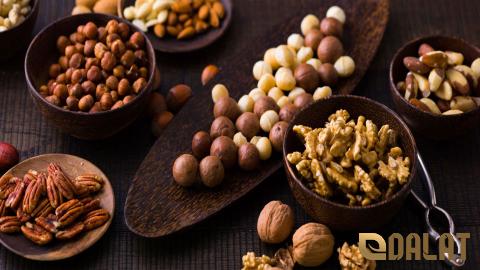
.
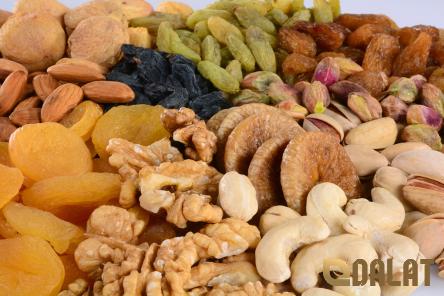 Vitamin E, a powerful antioxidant, helps protect cells from damage, while folate is crucial for cell division and DNA synthesis. Meanwhile, magnesium and potassium play vital roles in muscle function and electrolyte balance. Health Benefits of Raw Peanuts: The consumption of raw peanuts has been linked to a variety of health benefits. Due to their high protein content, raw peanuts can aid in muscle repair and growth, making them an excellent post-workout snack. The healthy fats found in raw peanuts, particularly monounsaturated fats, can help reduce inflammation and lower cholesterol levels, reducing the risk of heart disease. Moreover, the fiber content in raw peanuts supports digestive health by promoting regular bowel movements and preventing constipation. The combination of fiber and healthy fats also helps regulate blood sugar levels, making raw peanuts a suitable snack option for individuals with diabetes. In addition to these benefits, raw peanuts contain antioxidants such as resveratrol and oleic acid, which have anti-inflammatory properties and may help protect against chronic diseases such as cancer and Alzheimer’s disease. However, it is essential to consume raw peanuts in moderation, as they are calorie-dense and excessive intake may lead to weight gain. Culinary Uses of Raw Peanuts: Raw peanuts are a versatile ingredient that can be incorporated into a wide range of dishes, both savory and sweet. In many cuisines, raw peanuts are roasted and seasoned with spices to create a crunchy and flavorful snack. They can also be ground into peanut butter, a creamy and delicious spread that is enjoyed around the world. When it comes to cooking, raw peanuts can be used in various ways.
Vitamin E, a powerful antioxidant, helps protect cells from damage, while folate is crucial for cell division and DNA synthesis. Meanwhile, magnesium and potassium play vital roles in muscle function and electrolyte balance. Health Benefits of Raw Peanuts: The consumption of raw peanuts has been linked to a variety of health benefits. Due to their high protein content, raw peanuts can aid in muscle repair and growth, making them an excellent post-workout snack. The healthy fats found in raw peanuts, particularly monounsaturated fats, can help reduce inflammation and lower cholesterol levels, reducing the risk of heart disease. Moreover, the fiber content in raw peanuts supports digestive health by promoting regular bowel movements and preventing constipation. The combination of fiber and healthy fats also helps regulate blood sugar levels, making raw peanuts a suitable snack option for individuals with diabetes. In addition to these benefits, raw peanuts contain antioxidants such as resveratrol and oleic acid, which have anti-inflammatory properties and may help protect against chronic diseases such as cancer and Alzheimer’s disease. However, it is essential to consume raw peanuts in moderation, as they are calorie-dense and excessive intake may lead to weight gain. Culinary Uses of Raw Peanuts: Raw peanuts are a versatile ingredient that can be incorporated into a wide range of dishes, both savory and sweet. In many cuisines, raw peanuts are roasted and seasoned with spices to create a crunchy and flavorful snack. They can also be ground into peanut butter, a creamy and delicious spread that is enjoyed around the world. When it comes to cooking, raw peanuts can be used in various ways.
..
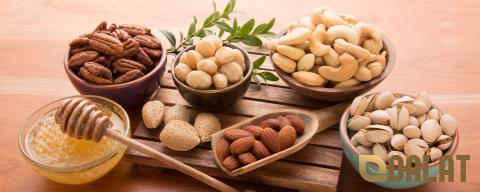 They can be added to stir-fries, salads, and curries to add texture and flavor. In Southeast Asian cuisine, raw peanuts are a common ingredient in dishes such as satay sauce, where they are ground into a paste along with other ingredients like coconut milk and spices. For dessert lovers, raw peanuts can be used to make sweet treats such as peanut brittle, a crunchy confection made by caramelizing sugar and mixing it with roasted peanuts. Raw peanuts can also be ground into flour and used in baking to make cookies, cakes, and other baked goods. Precautions and Considerations: While raw peanuts offer numerous health benefits, it is essential to be mindful of potential allergenic reactions, as peanuts are one of the top allergens worldwide. Individuals with peanut allergies should avoid consuming raw peanuts and products containing peanuts to prevent allergic reactions, which can range from mild itching and swelling to severe anaphylaxis. Furthermore, raw peanuts may contain aflatoxins, naturally occurring toxins produced by certain molds that grow on peanuts. Aflatoxins are carcinogenic and can be harmful to human health if consumed in large amounts. To reduce the risk of aflatoxin contamination, it is recommended to store raw peanuts in a cool, dry place and consume them within a reasonable time frame. Conclusion: Raw peanuts are a nutritional powerhouse that offers a plethora of health benefits and culinary possibilities.
They can be added to stir-fries, salads, and curries to add texture and flavor. In Southeast Asian cuisine, raw peanuts are a common ingredient in dishes such as satay sauce, where they are ground into a paste along with other ingredients like coconut milk and spices. For dessert lovers, raw peanuts can be used to make sweet treats such as peanut brittle, a crunchy confection made by caramelizing sugar and mixing it with roasted peanuts. Raw peanuts can also be ground into flour and used in baking to make cookies, cakes, and other baked goods. Precautions and Considerations: While raw peanuts offer numerous health benefits, it is essential to be mindful of potential allergenic reactions, as peanuts are one of the top allergens worldwide. Individuals with peanut allergies should avoid consuming raw peanuts and products containing peanuts to prevent allergic reactions, which can range from mild itching and swelling to severe anaphylaxis. Furthermore, raw peanuts may contain aflatoxins, naturally occurring toxins produced by certain molds that grow on peanuts. Aflatoxins are carcinogenic and can be harmful to human health if consumed in large amounts. To reduce the risk of aflatoxin contamination, it is recommended to store raw peanuts in a cool, dry place and consume them within a reasonable time frame. Conclusion: Raw peanuts are a nutritional powerhouse that offers a plethora of health benefits and culinary possibilities.
…
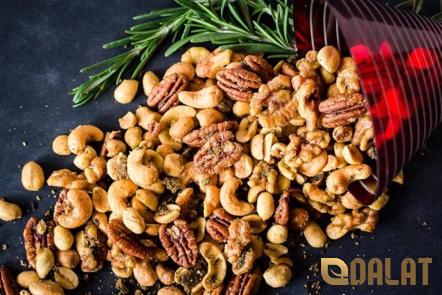 Whether you enjoy them as a protein-rich snack, a flavorful ingredient in savory dishes, or a decadent treat in desserts, raw peanuts are a versatile and delicious addition to any diet. However, it is essential to consume them in moderation and be aware of potential allergenic and toxin-related risks associated with peanut consumption. By understanding the nutritional benefits, culinary uses, and precautions related to raw peanuts, you can make informed choices about incorporating them into your diet. So go ahead, embrace the goodness of raw peanuts and explore the endless ways to enjoy these nutrient-dense legumes. Your body and taste buds will thank you for it! References: 1. National Peanut Board. (2021). Nutritional Composition. https://www.nationalpeanutboard.org/we-eat-more-than-just-peanut-butter/ 2. Harvard T.H. Chan School of Public Health. (2021). Protein. https://www.hsph.harvard.edu/nutritionsource/what-should-you-eat/protein/ 3. Healthline. (2021). 9 Evidence-Based Health Benefits of Peanuts. https://www.healthline.com/nutrition/9-health-benefits-of-peanuts 4. Mayo Clinic. (2021). Peanuts: A Nutty Treat with Health Benefits. https://www.mayoclinic.org/healthy-lifestyle/nutrition-and-healthy-eating/expert-answers/peanut-butter/faq-20058539 5. Food and Drug Administration. (2021). Summary of Qualified Health Claims Subject to Enforceable Consent Decrees. https://www.fda.gov/food/nutrition-education-resources-materials/qualified-health-claims-letters-of-denial
Whether you enjoy them as a protein-rich snack, a flavorful ingredient in savory dishes, or a decadent treat in desserts, raw peanuts are a versatile and delicious addition to any diet. However, it is essential to consume them in moderation and be aware of potential allergenic and toxin-related risks associated with peanut consumption. By understanding the nutritional benefits, culinary uses, and precautions related to raw peanuts, you can make informed choices about incorporating them into your diet. So go ahead, embrace the goodness of raw peanuts and explore the endless ways to enjoy these nutrient-dense legumes. Your body and taste buds will thank you for it! References: 1. National Peanut Board. (2021). Nutritional Composition. https://www.nationalpeanutboard.org/we-eat-more-than-just-peanut-butter/ 2. Harvard T.H. Chan School of Public Health. (2021). Protein. https://www.hsph.harvard.edu/nutritionsource/what-should-you-eat/protein/ 3. Healthline. (2021). 9 Evidence-Based Health Benefits of Peanuts. https://www.healthline.com/nutrition/9-health-benefits-of-peanuts 4. Mayo Clinic. (2021). Peanuts: A Nutty Treat with Health Benefits. https://www.mayoclinic.org/healthy-lifestyle/nutrition-and-healthy-eating/expert-answers/peanut-butter/faq-20058539 5. Food and Drug Administration. (2021). Summary of Qualified Health Claims Subject to Enforceable Consent Decrees. https://www.fda.gov/food/nutrition-education-resources-materials/qualified-health-claims-letters-of-denial
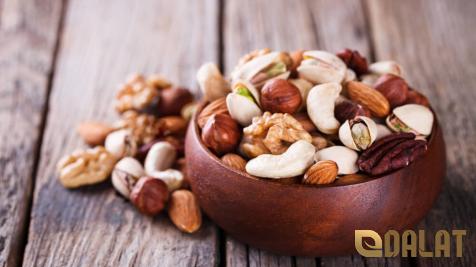
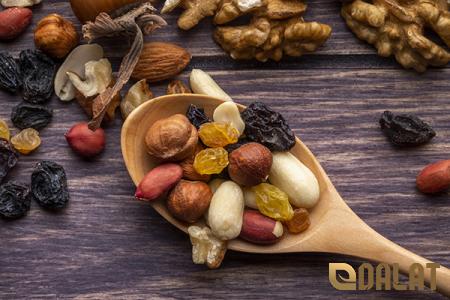
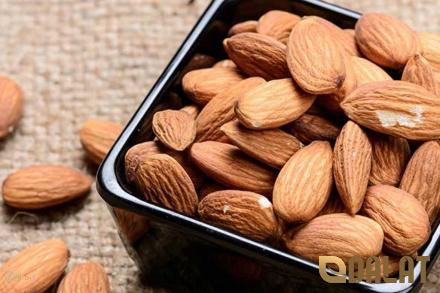
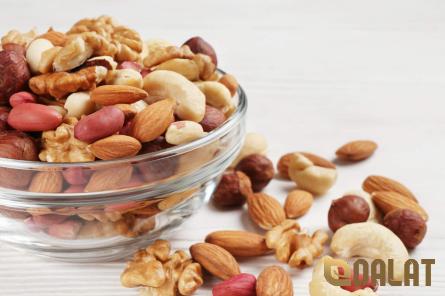
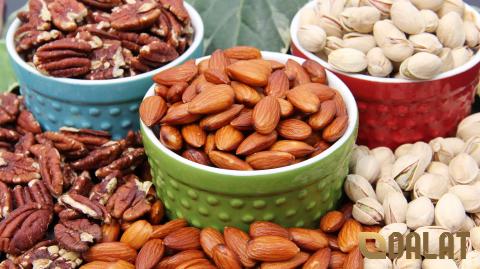
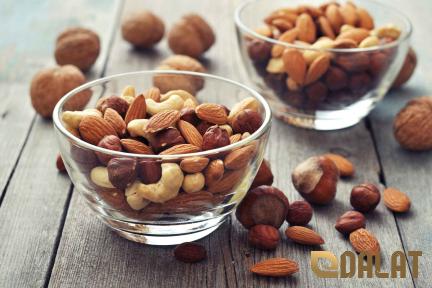
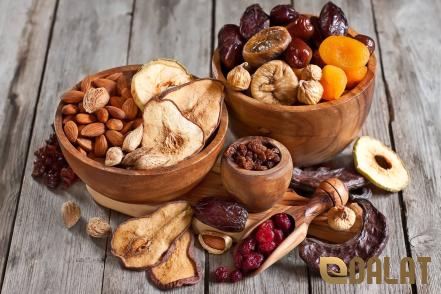
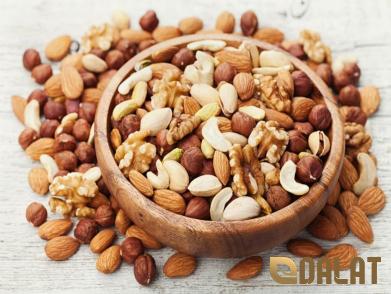
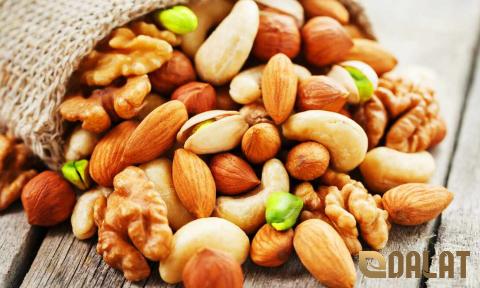
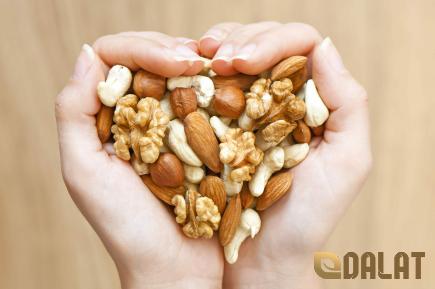
Your comment submitted.